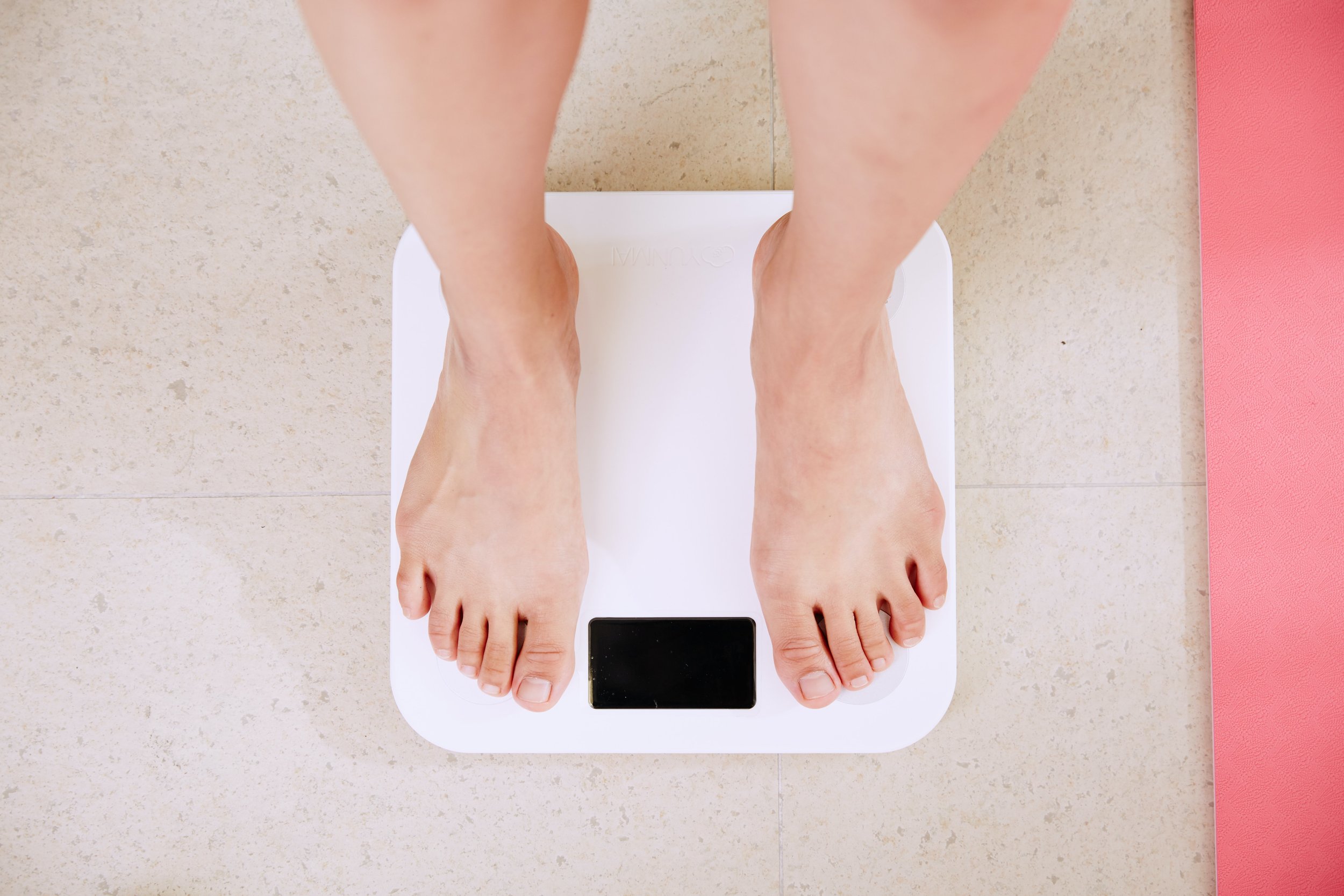Is Your Sugar Addiction Actually Stress Eating in Disguise?
/You likely know that your overeating of sugar and other ultra-processed foods (cookies, cupcakes, potato chips, etc) isn’t healthy. These foods contribute to inflammation and excess weight. If you’re like my clients, you’ve tried to quit eating them. And while you can resist them for a while, sooner or later you find yourself craving them. You say to yourself “I don’t care”. And, you go back to them with a vengeance – you don’t just eat one cookie, you eat an entire box. This cycle may make you wonder if you have a sugar addiction.
I’ve helped hundreds of people take control of cravings. To be able to enjoy these foods on occasion without overeating them. In working with them we’ve discovered that they don’t have a sugar addiction or addiction to ultra-processed foods. They’re stress eating.
That’s why they can’t stop eating these foods, even though they know that they shouldn’t. Because it’s not about nutrition knowledge at this point. And, it’s not about addiction. It’s that they’re stressed.
Why Do We Stress Eat?
When we’re stressed, we have a legitimate emotional need. In stress eating, you meet your emotional need, i.e. deal with your stress, by eating. That’s why you say “I don’t care” in that moment. You do care about eating healthfully, but at that moment your emotional need is superseding your desire to eat healthfully. Stress eating provides temporary comfort and distraction from the stress. But it’s only temporary. And, in fact, it can actually cause more stress, because now on top of the stress you were already feeling, you beat yourself up for eating all that junk food. Ugh.
Common diet advice is to eat something healthy instead. You’ve seen it before – “Craving a cupcake? Have an apple instead.”
But that advice is treating the situation as if you don’t know that a cupcake isn’t healthy for you. Not true. Of course, you know that the cupcake isn’t good for you and you shouldn’t eat it. As the saying goes: “When all you’ve got is a hammer, everything looks like a nail”. In other words, if all you’re looking at is food as fuel, then the only solution you can offer is another food.
The Solution to Stress Eating
The reality is that we human beings are much more complicated than that. Food plays more roles in our lives than simply fuel for our bodies. Food has emotional meanings and cultural connections beyond meeting our body’s nutrient needs.
To fix the problem, we need to address the root cause. I.e. meeting your stress/emotional need through something other than food.
The solution is to build up your other self-care tools. It’s not about eating healthier food during a stress-eating event. It’s about taking care of yourself in a way other than eating. What some call ‘practicing other coping mechanisms’. Each person’s self-care, how they can address their stress, is unique. What makes you feel good is going to be different from what makes me feel good.
How to Stop Stress Eating (my stress eating technique):
When you’re in a good or neutral mood, write down a list of self-care actions. For example, do a sudoku puzzle, play the piano, have a bath, cuddle with your puppy.
The next time that you’re stressed and craving cupcakes/chips/etc, pull out your list.
Do an action from your list.
How to Prevent Stress Eating
Also, when you’re going through a stressful time. It’s important to do extra self-care, not just when you’re experiencing a craving. Prioritizing and investing the time in self-care will lessen your reliance on emotional eating. Yes, going for that walk, re-watching that favourite movie, and/or going to counselling will help you eat better when times get tough.
Photo by JESHOOTS.COM on Unsplash








